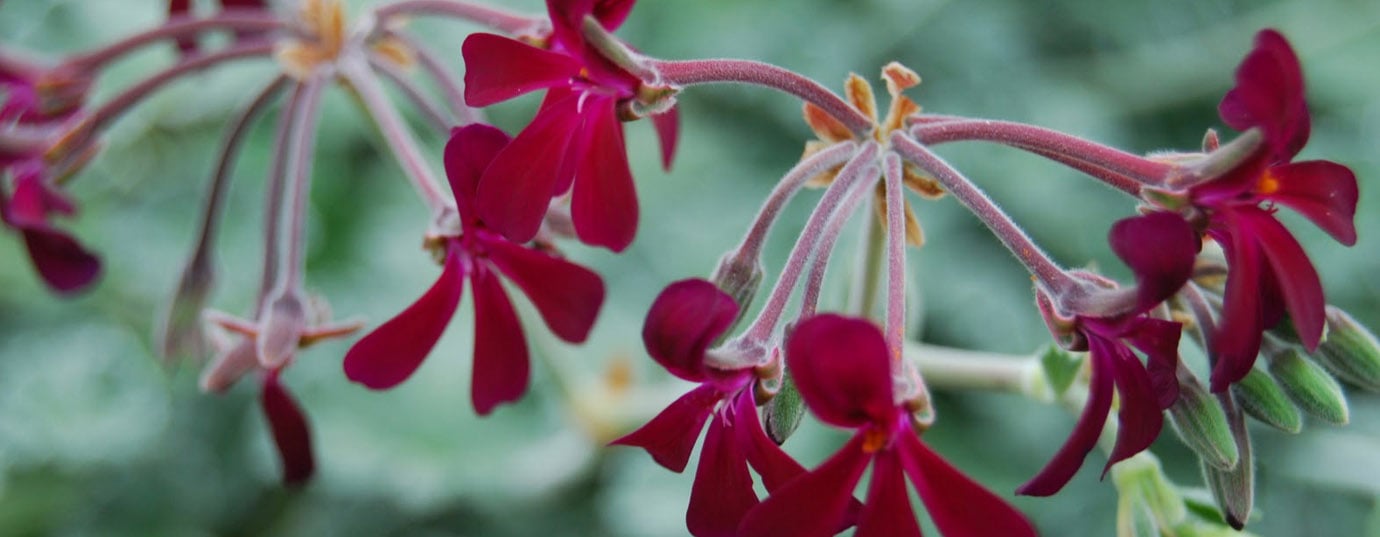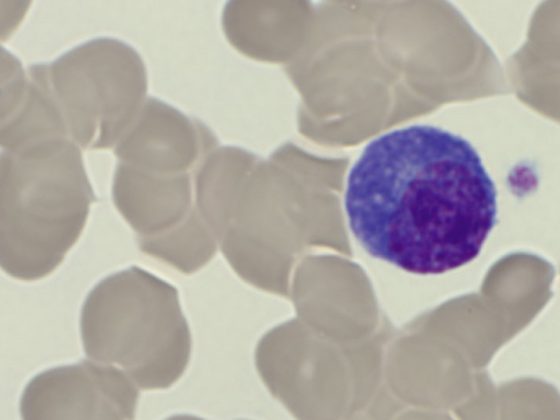Colds are caused by rhinoviruses in 70% of cases. Typically, the disease lasts 10 to 14 days and numerous treatment options are not very effective. Patients with asthma or COPD in particular are at risk of a severe course. Immunostimulant preparations can help.
When the throat hurts and the nose runs, in most cases an infection with the rhino virus is behind it. Especially in winter, the nasal mucosa cools down quickly and thus provides a good breeding ground for viruses. From there, they spread to the pharyngeal mucosa and cause painful inflammation. The incubation period is only one to two days. Patients with asthma or COPD often suffer more severely from colds. Since bronchial epithelial cells are the main target of rhinovirus infections, exacerbations are often the result of infection. This makes preparations that have an immunostimulatory effect and clinical efficacy in the prevention or treatment of acute respiratory infections all the more important.
Pelargonium sidoides (EPs 7630) is the root extract of an originally South African geranium plant, which can be taken in drop or tablet form for the treatment of acute respiratory infections, among other things. Pelargonium is believed to have antibacterial, antiviral, immunomodulatory and expectorant effects. Studies have shown that the extract shortens viral infections. It significantly reduces bacterial and viral infection through immunomodulatory measures. In addition to direct elimination of virus, it may be possible to prevent infection by reducing the expression of proteins that allow the virus to dock to the cell surface of bronchial epithelial cells.

Cell membrane protein expression studied
A study now investigated the in vitro effect of Pelargonium sidoides Radix extract on the expression of virus-binding cell membrane and host defense-supporting proteins on primary human bronchial epithelial cells (hBEC). The study cohort consisted of healthy volunteers (n=6), asthmatics (n=6) and COPD patients (n=6), from which the cells to be studied were isolated. Protein expression was determined by Western blot and immunofluorescence, and rhinovirus infection was determined by immunofluorescence and polymerase chain reaction. Cell survival was identified by manual cell counting after immunofluorescence live/dead staining. All parameters were determined over a period of three days.
The results show that EPs 7630 increased hBEC survival after rhinovirus infection in a concentration-dependent and significant manner. This effect was accompanied by decreased expression of inducible co-stimulator (ICOS), its ligand ICOSL, and cell surface calreticulin (C1qR). In contrast, the extract upregulated the expression of host defense-supporting proteins in both rhinovirus-infected and uninfected hBEC. In contrast, the expression of other virus-interacting cell membrane proteins such as MyD88, TRL2/4, or ICAM-1 was not altered. The data presented suggest that the root extract reduces rhinovirus infection by modifying hBEC function.
Further reading:
- Roth M, Fang L, Stolz D, Tamm M: Pelargonium sidoides radix extract EPs 7630 reduces rhinovirus infection through modulation of viral binding proteins on human bronchial epithelial cells. PLoS One 2019; 14(2):e0210702. doi: 10.1371/journal.pone.0210702.
HAUSARZT PRAXIS 2020; 15(1): 31











